Montreal, March 10, 2014 – Canada’s horse slaughter industry is one of the largest in the world, slaughtering an average of over 85, 000 horses per year. In addition to being inhumane, the industry poses a serious threat to public health and safety. This threat was recently exposed in “Tainted Meat,” a report aired by Global’s investigative news program 16×9.
The vast majority of horses who end up at Canadian slaughterhouses were not raised for human consumption, but rather for companionship, sport, or recreation, and thus most of these animals have been administered veterinary drugs at some point in their lives. Many of these drugs – including phenylbutazone, or “bute,” an anti-inflammatory drug routinely used in horses – are banned by Health Canada from entering the food supply.
Yet the only requirement imposed by the Canadian Food Inspection Agency to address possible contamination is that slaughter-bound horses be accompanied by an Equine Information Document (EID) attesting that the horse has not been administered any drugs in the last six months. The EID thus only covers the six-month period leading up to slaughter – not the entire lifespan of the animal. Further, the EID essentially consists of a written declaration by the horse’s owner and is therefore easy to falsify. Indeed, in 2011, the Canadian Horse Defense Coalition conducted an investigation revealing that many EIDs accompanying slaughter-bound horses were incomplete or had been doctored.
In response to the public health and safety concerns arising from such weak regulatory oversight of the Canadian horse slaughter industry, NDP MP Alex Atamanenko introduced Private Members Bill C-571 on January 29th. Bill C-571 restricts slaughter for human consumption to those horses who were raised primarily for food production and who are accompanied by a complete lifetime medical record. The Bill is set to be debated starting this spring in the House of Commons.
“The Montreal SPCA opposes the slaughter of horses for human consumption regardless of what purposes they were raised for, and thus advocates for a complete ban on horse slaughter,” said Sophie Gaillard, Lawyer and campaigns manager for the Montreal SPCA’s Animal Advocacy Department. “However, because Bill C-571 would significantly reduce the number of horses who end up at the slaughterhouse, we believe that it is a step in the right direction.” To view the SPCA’s position on horse slaughter click here.
“We encourage Canadians who are concerned by the inhumane conditions in which horses are slaughtered in this country, as well as those preoccupied with food safety, to contact their MP in support of Bill C-571,” said Gaillard. To contact your MP about Bill C-571, click here.

Media Contact:
Me Sophie Gaillard
514-735-2711 ext. 2248
sgaillard@spcamontreal.com







